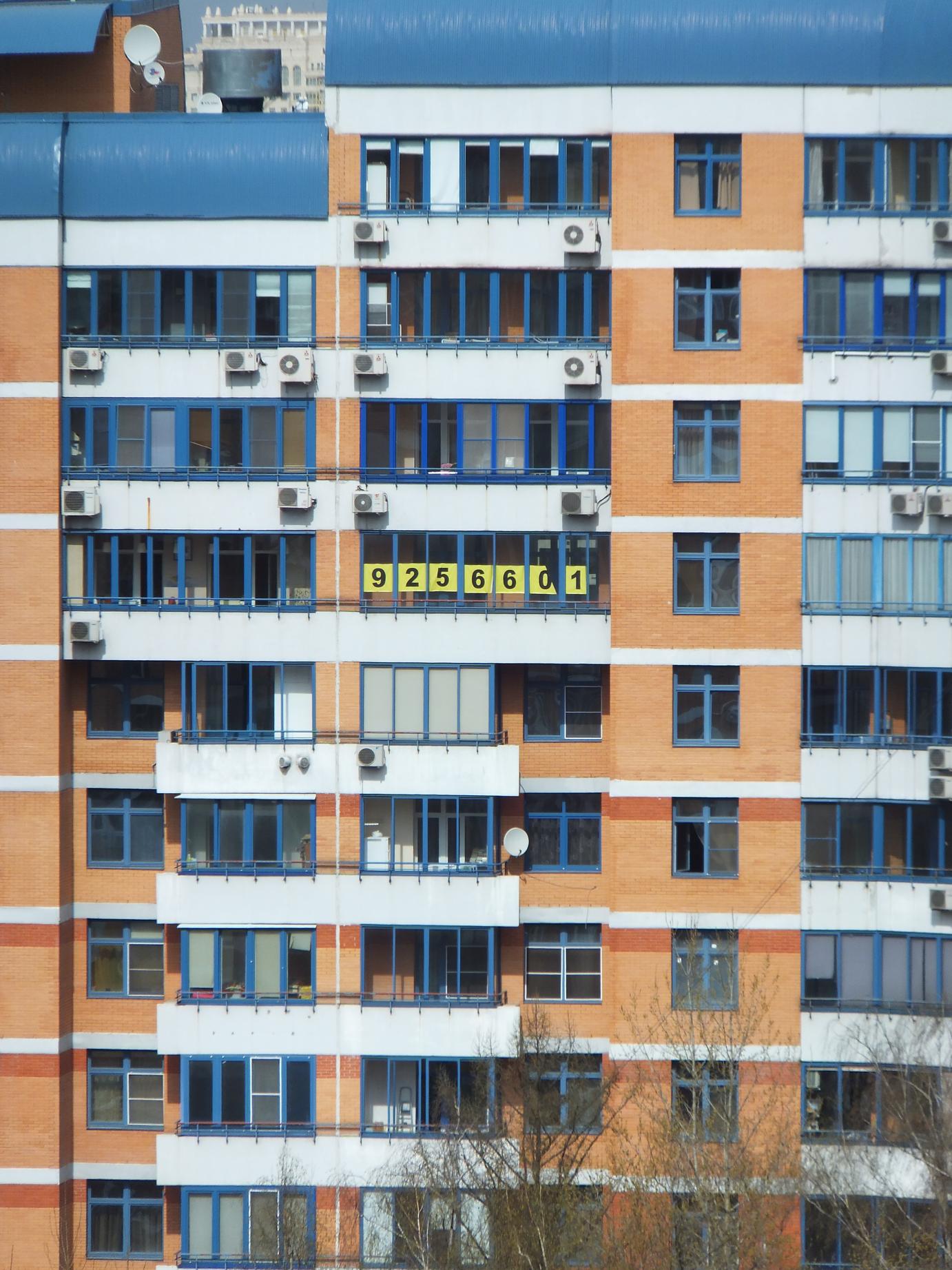Since 2018 federal legislation requires residents in Moscow, and probably whole Russia to register at the address of living, i.e. their rented apartment. Previously, say, a foreign high qualified specialist was simply registered at her working address, i.e. the office building of her employer.
The purpose was to address wide-spread tax evasion in the real estate market. Apartments in Moscow are usually owned by an individual or groups of individuals (slicing: one part goes to daughter, son, sister and so on), rather than by the state or institutional investors. To avoid red-tape contracts for hiring an apartment are commonly made for one year minus 1 day to stay below a certain legal threshold. And monthly rent is paid in cash.
State authorities intend to get a larger share of those unregistered earnings. They want to address landlords, but in fact they hit people renting an apartment, such as foreign employees.
1. There is an equilibrium rental fee R* at which landlords let their apartment in period 1 (before the legislative change).
2. All apartment seekers whose budget B for renting an apartment is below R* will rent an apartment in period 1 (before the legislation change)
B < R*
The government imposes a requirement to register the residents in period 2, i.e. to tax the earnings, tax T from letting the apartment. With tax T landlords let in period 2 iff
R’ = R* + T,
where R’ is the market rental price for their apartment. Otherwise they would lose money. It is easy to image what is going to happen, and actually has been happening: landlords simply pass the requirement and the tax to potential tenants. “You need to be registered? Well, this ‘service’ is not included in the rental fee, yet.” So, tenant might stay unregistered (which is not a real option); this requires a ‘corruption fee’ C for finding a creative work-around.
B’ = B + C < R*,
where B’ is the share of income required to paying your rent. Or a resident complies with the law which results in paying for the ‘extra service’ of registration, i.e. T, and an additional extra fee F to motivate the landlord. For registering you and the landlord (!) will have to go to a local police station, queue in for about an hour, and fill in a bunch of documents before you finally receive the required tiny piece of paper with a stamp. And you will have to repeat this procedure every time you left the country and returned to Moscow afterwards.
B’’ = B + T + F < R*
B’’ is the share of income you will have to spend to renting an apartment and complying with the law in period 2. There are now main consequences: Most obviously, employees will have to pay a larger share of their income for paying their rent. This hardly affects foreign specialists employed international business companies, since their employers usually pay for their apartment directly. The costs of this poor-designed law fall on the feet of all those people who did not inherit a former state-owned flat during the excess privatization in the 1990s.
Second, rental fees for apartments increased. Landlords anticipate the additional tax T, and include it into their expected rental fee. In the mid- and long terms this increases equilibrium rental fee R*.
In sum, the legislative change is ineffective in addressing tax evasion. And it is economically inefficient. It should be amended.
